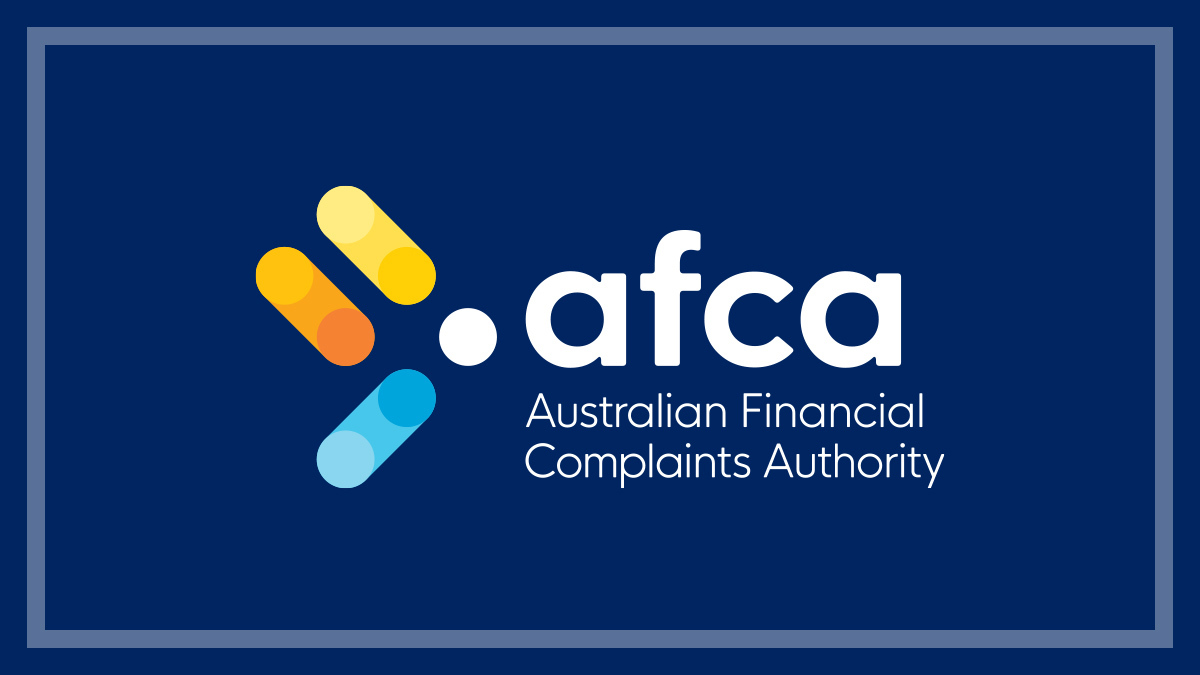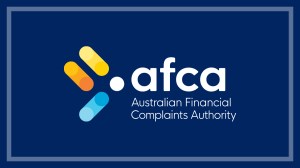
A record 97,000 Australians complained about financial services last year
Fact-checked
Fact-checked
Checked for accuracy by our qualified fact-checkers and verifiers. Find out more about fact-checking at CHOICE

The number of complaints about financial services providers reached record highs in the last financial year, as revealed in a new report by the Australian Financial Complaints Authority (AFCA).
A record 96,987 complaints were lodged with AFCA up until July 2023, an increase of 34% compared to the previous 12 months.
The complaints to AFCA would have come after customers unsuccessfully tried to resolve the matter with the bank, insurance company, super fund or other financial services provider.
“We are deeply concerned by the volume of complaints consumers are having to escalate to AFCA,” chief ombudsman David Locke says. “It’s not fair on consumers and not good for business. We need to see a significant improvement from firms.”
Cause for complaint: Insurers, BNPL services and banks
The most frequent cause of complaints to AFCA were delays and other issues in insurance claims handling. Complaints of this type jumped by 76%, while overall general insurance complaints rose by 50%.
The number of complaints about the buy now, pay later sector went up by 57%.
Meanwhile, the most complained about financial products were personal transaction accounts, which saw an 86% rise in complaints, largely due to the banks’ handling of scams. It is the first time in the five years that AFCA has been operational that credit cards haven’t topped the list of most complained about products.
It’s pleasing to see initiatives by individual banks to combat scams but we would welcome a more consistent approach across the sector
AFCA chief ombudsman David Locke
“We witness first-hand the human cost of this serious and sophisticated financial crime,” Locke says, referring to the details provided to AFCA by scam victims. “It’s pleasing to see initiatives by individual banks to combat scams but we would welcome a more consistent approach across the sector.”
“AFCA believes there is a need for enforceable standards, to lift the bar on scam prevention and remediation. This will also aid the work we do as an ombudsman service.”
Financial hardship on the rise
CHOICE CEO Alan Kirkland says the rise in scam-related complaints is a concern.
“The record increase in financial complaints shows financial institutions aren’t doing enough to help consumers facing cost-of-living pressures and a surge in scams. We urgently need strong rules that protect people from scams and poorly regulated loans,” he says.
He adds that more people are at risk of falling into financial hardship as a result of poor lending practices in the buy now, pay later sector as the cost-of-living pressures worsen.
“Buy now, pay later loans don’t come with the same protections as other forms of credit, leading a growing number of people to end up with multiple buy now, pay later debts that they struggle to repay,” Kirkland says.
“The huge increase in complaints about buy now, pay later loans demonstrates the need for strong regulation, to ensure that these businesses lend safely. Many buy now, pay later customers don’t currently have the right to complain to AFCA, so this data does not even show the full picture.”
Related




